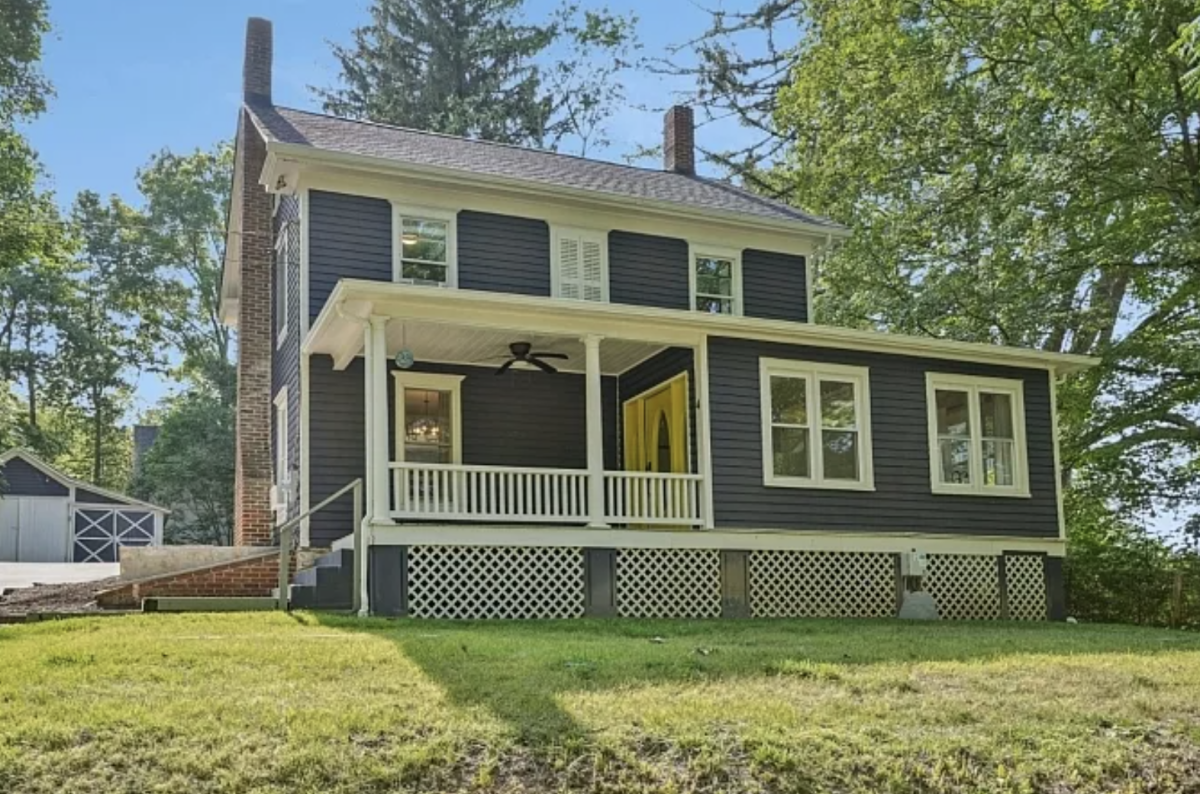
Discovering code violations on your New Jersey property can feel like a nightmare, especially when you’re trying to sell. The good news? You have options that don’t involve draining your savings on costly repairs or waiting months for a traditional buyer.
Code violations occur when your property doesn’t meet local building standards and regulations. These aren’t just minor inconveniences—they’re legal issues that can seriously complicate a home sale.
Common code violations in NJ homes include:
The severity ranges from simple fixes to major structural repairs that can cost thousands of dollars.
Code violations impact more than just your property’s appearance—they affect your wallet and your legal standing.
Properties with code violations typically sell for 10-30% less than comparable code-compliant homes. Buyers subtract repair costs from their offers, and in severe cases, your home might be deemed uninhabitable until violations are resolved.
New Jersey municipalities can issue fines for unresolved violations, and these fines often increase the longer violations remain unfixed. Selling without disclosing known violations can lead to lawsuits from buyers after closing.
Most traditional buyers walk away from properties with code violations. Those using conventional mortgages face an even bigger hurdle—lenders typically won’t approve loans for homes with active violations.
Trying to sell a house with code violations through conventional methods creates multiple roadblocks:
Financing falls through. Mortgage lenders require properties to meet minimum safety standards before approving loans. Code violations often mean automatic loan denial.
Buyers demand steep discounts. Even cash buyers who might consider your property expect massive price reductions to offset repair costs and risk.
Repairs drain your resources. Bringing a property up to code can cost $5,000 to $50,000 or more, depending on the violations. Many homeowners simply can’t afford these expenses.
Time works against you. Between getting permits, hiring licensed contractors, and passing re-inspections, repairs can take months—during which you’re still responsible for the property.
Companies specializing in buying houses with code violations offer a completely different approach. They purchase properties “as-is,” meaning you don’t fix anything before closing.
Step 1: Contact a Cash Buyer
Reach out through a phone call or simple online form. Share basic details about your property and its violations.
Step 2: Property Assessment
The investor visits your home to evaluate the violations and overall condition. This usually happens within 24-48 hours.
Step 3: Receive Your Cash Offer
Based on the assessment, you receive a no-obligation cash offer, typically within days. The offer accounts for current market value minus estimated repair costs.
Step 4: Close on Your Timeline
Accept the offer, and you can close in as little as 7-10 days—or longer if you need more time. You choose the closing date.
Step 5: Get Paid
Receive your cash payment at closing and hand over the keys. The investor handles all violation repairs after purchase.
You don’t spend a single dollar fixing violations. The investor buys your property exactly as it stands today, code violations and all.
Traditional sales with code violations can drag on for 6-12 months. Cash buyers close in weeks, sometimes days.
Once you sell, code violation fines and legal issues become the investor’s responsibility, not yours.
Cash offers don’t depend on appraisals, inspections, or loan approvals. When an investor makes an offer, the deal actually closes.
No need for endless open houses or keeping your property spotless for buyer showings. One visit from the investor, and you’re done.
Cash buyers calculate offers based on:
While you won’t receive full market value, you avoid repair costs, holding costs, and the uncertainty of traditional sales. Most homeowners find this trade-off worthwhile for the speed and convenience.
Myth: “No one will buy my house with violations.”
Reality: Investors specifically seek out these properties and have the expertise to handle them.
Myth: “I’ll get lowballed because of the violations.”
Reality: Reputable cash buyers make fair offers based on actual repair costs, not arbitrary low numbers.
Myth: “Selling will take forever.”
Reality: Cash sales typically close in 2-3 weeks, even with serious code violations.
Myth: “I have to disclose every tiny issue.”
Reality: Reputable investors inspect properties thoroughly, so full transparency actually helps build trust and speeds up the process.
Selling to a code violation specialist makes the most sense if you:
If you’re dealing with code violations on your New Jersey property, you don’t have to face expensive repairs or legal troubles alone. Cash home buyers specialize in solving exactly these problems.
The process starts with a simple conversation. Share your situation, get a property evaluation, and receive a fair cash offer—all with zero obligation. Whether you’re in Newark, Jersey City, Paterson, or anywhere else in the Garden State, help is available.
Don’t let code violations hold you hostage. Explore your options and discover how quickly you can move forward.
Can I legally sell a house with code violations in New Jersey?
Yes, it’s completely legal to sell a property with code violations, as long as you disclose them to the buyer. Cash investors buy these properties regularly.
How much less will I get for a house with code violations?
Offers typically reflect the cost to repair violations plus a fair profit margin for the investor. The exact amount depends on your specific violations and local market conditions.
Do I need to fix anything before selling?
No. Companies that buy houses with code violations purchase properties in as-is condition. You don’t repair, clean, or update anything.
How quickly can I close on a house with code violations?
Most cash buyers can close in 7-14 days, though you can often negotiate a longer timeline if you need more time to move.
What happens to the code violations after I sell?
The investor becomes responsible for all violations and any associated fines after closing. You walk away with zero liability.